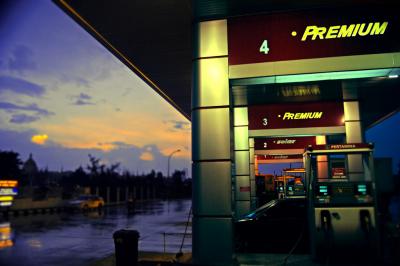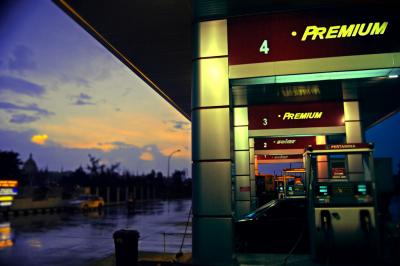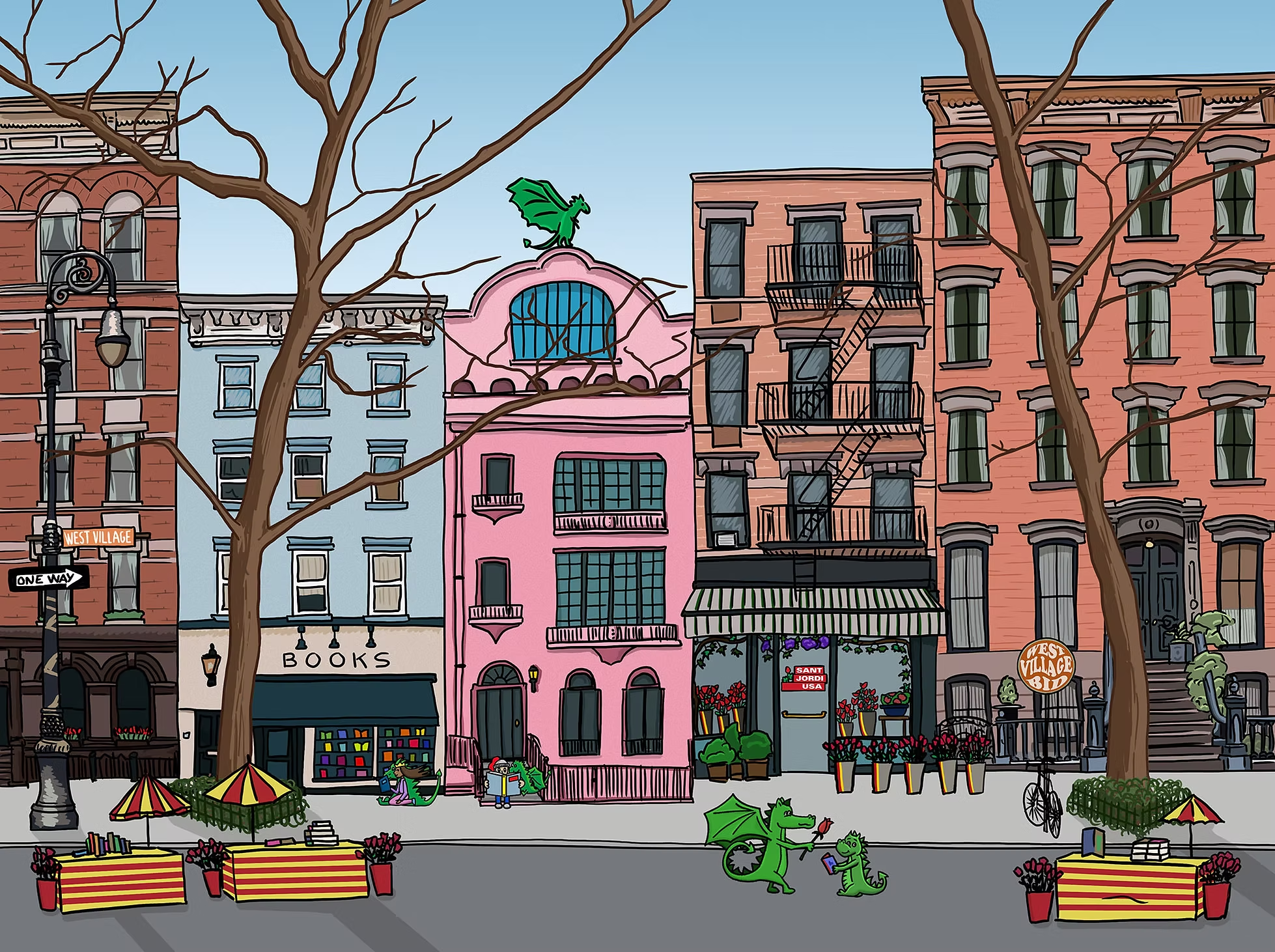I knew enough from Facebook to recognize the muddy maroon Jeep with the top off when it ran the long red light at North and Main. I was about to turn right when zoom, straight through with a lead foot. I honked loudly and repeatedly until a freckled arm raised a middle finger through the open roof, so I broke New York’s latest traffic law and thumb-punched a text: “Its me u idiot pull over.”
He turned into the Kwik Fill, and I pulled in beside him, rolled my window down. I’d moved back to Ithaca three years ago to watch my father die, but we hadn’t seen each other in seven. Still he said, “Hey, boss” like this happened all the time, like I’d left his trailer yesterday, post-sex with my shirt on inside-out.

My husband is one and he is the other: the men I truly wanted. My husband and I are going to have a baby, and I tell him this. Nine weeks, I say, placing a hand on my belly, heat coming through the jersey fabric of my dress. He lifts an eyebrow, appraising me, though I’m not showing yet. “They change your life,” he says. I take his phone from the dash and ask him to show me pictures of his son. The little boy is three years old and doesn’t want to go to bed when he’s told. Likes to spit on things to get attention, a habit the kid picked up through observation. I don’t say it, though. Instead, I say his wife’s name, and I wait for him to say my husband’s. When he does, I relax my shoulders. We are in the present moment now.
As we talk—about his job at the funeral home, and the trip to Boston that left him hungover from three days of drinking, and his old man who had a triple bypass last year—he looks around, eyeing rattletrap cars easing down the two-lane road. He says he’d be divorced if his wife knew he was sitting here, talking to me in the middle of town. I say it’s shame we aren’t allowed to be friends, but we both know his wife is right not to trust him. The ghosts of his love are everywhere in this place. He’s a permanent fixture, a corner barstool at the Rainbow Trail, a worn four-wheeler path up Spaulding Hill. He’s the short summer, a rush of brief color, a warmth always gone too soon.
My husband and I are about to move again, our fourth state together. We’ve made so many homes that the only one we really have is each other. But all it takes is a soft news piece or a picture of a stretch of water, a bridge, an angle on a skyline, and I think I left my heart in Ohio, in Alabama, in upstate New York.
I say it’s Wisconsin next, and he says, “I never thought you’d leave Ithaca again.” And I know what he’s trying to say, that when you come back to your hometown you might find you haven’t changed as much as you thought you have, you might see how easy it is to care about what’s familiar. And I say I never planned to leave, but here we are, and there I’m going. And we’re talking in code now, we’re saying, I thought I’d love you forever. But our love is a state border, and boss, I’m just passing through.
Amy Monticello’s work has appeared in The Iron Horse Literary Review, Upstreet, Redivider, Natural Bridge, Creative Nonfiction, and elsewhere.
Photo by Flickr Creative Commons user Riza Nugraha




